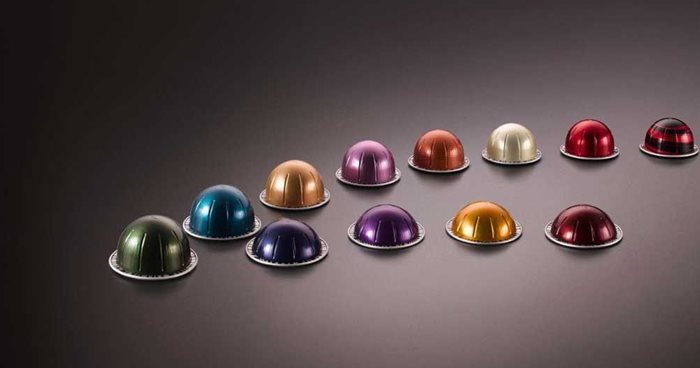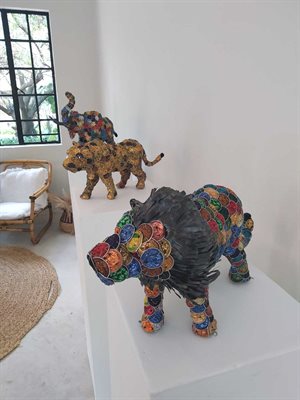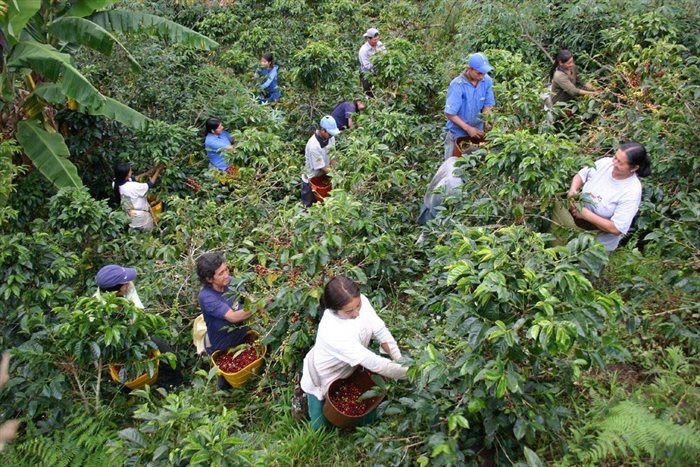
Top stories






More news


Marketing & Media
Ads are coming to AI. Does that really have to be such a bad thing?














The coffee brand has been collecting and recycling used capsules from it boutiques, booths, as well as directly from its consumers, but it was only from 2014 that its local recycling programme, run by Oricol, really got off the ground.
Previously, the technology to separate the coffee from the capsules wasn't available in South Africa. Now, using a customised packaging separation machine developed in Switzerland by Nespresso, this has been made possible. By the end of this year, it aims to have the full Original and Vertuo capsule ranges made using recycled aluminium.
Customers are provided a recycling bag with every Nespresso order in which they can discard their used aluminium capsules. Once full, the bag is collected by courier or can be dropped off at a Nespresso boutique or booth. The capsules are then sent to the Oricol recycling facility in Johannesburg where separation and recycling get underway.

The used coffee grounds are composted into natural fertiliser, while the aluminium is sent to a steel smelter to be broken down for reuse. The infinitely recyclable metal takes on its second life not just in the form of new capsules, but also bespoke products, like the Nespresso and Vélosophy bicycle and the Nespresso recycled Caran d'Ache Pen. Zimbabwe's Godfrey Dambuleni, who works out of a studio is Cape Town's Salt River, has taken a more artistic approach, creating beautiful sculptures and objects from the used capsules.
Part of Nespresso's sustainability journey is its global AAA Sustainable Quality Program. Beyond focusing on producing quality coffee, it also keeps track of the brand's social and environmental impact. The programme assists farmers in developing the necessary infrastructure to produce coffee, and focuses on improving not just their livelihoods but that of their surrounding communities. In partnership with the Rainforest Alliance, it also ensures its coffee is grown and harvested on farms that follow sustainable practices.
It's also a big year for the brand as the deadline it set itself for achieving carbon neutrality across its supply chain and product life cycle has arrived. Having been carbon neutral across its business operations since 2017, in 2020 it committed to every cup of Nespresso coffee being carbon neutral by 2022.
Its strategy in achieving this goal includes reducing its carbon emissions by decarbonising its value chain, planting trees in and around coffee farms where it sources its coffee, and investing in projects to support forest conservation and restoration as well as implement clean energy solutions within farming communities.

“Sustainability is at the heart of what we do. I’m proud of the achievements we have already made in scaling sustainable coffee farming and recycling provision, in enabling industry-wide capsule recycling, in reducing the Nespresso carbon footprint per cup and in agroforestry efforts in the coffee-producing regions," said Nespresso's head of sustainability Jérôme Perez after World Finance Magazine voted Nespresso ‘Most Sustainable Company in the Coffee Processing Industry 2021’.
"Innovation and collective actions will help us accelerate in this decisive decade. Businesses must be part of the solutions and Nespresso will continue to focus on being a force for good to preserve the future of our planet and the lives of people,” Perez said.
